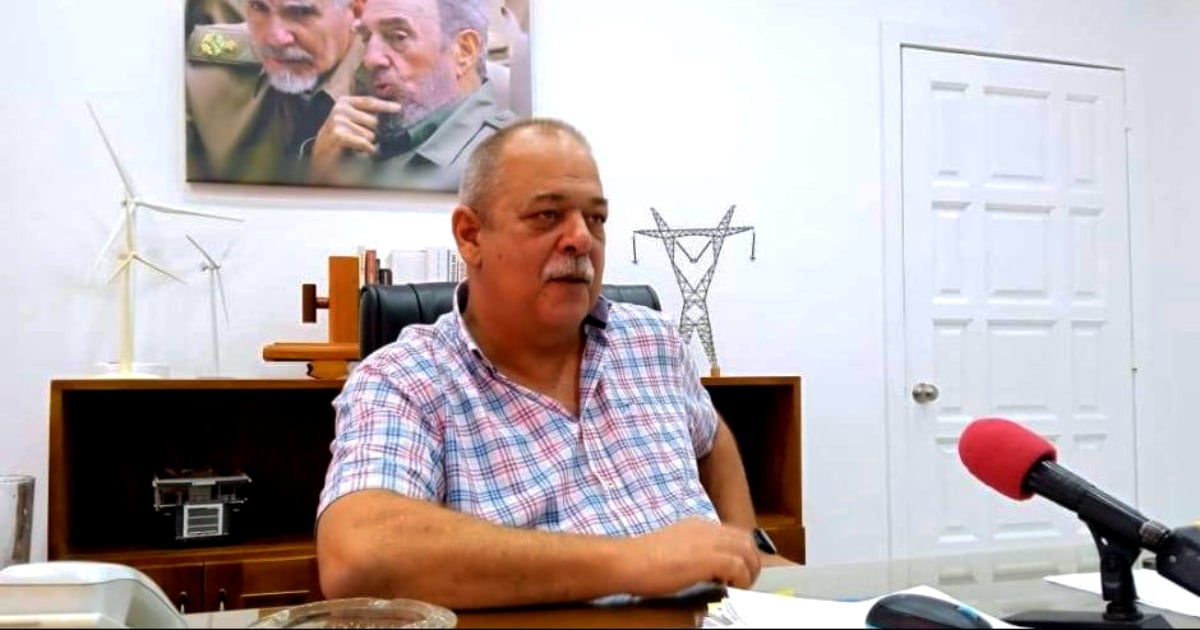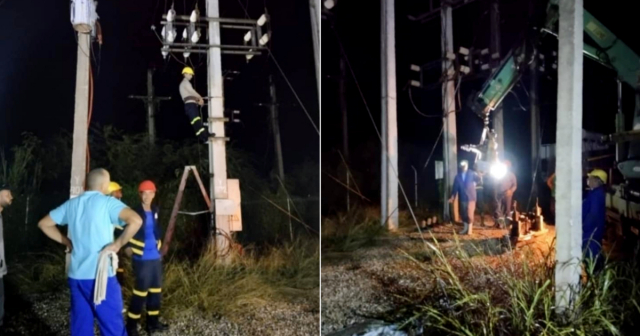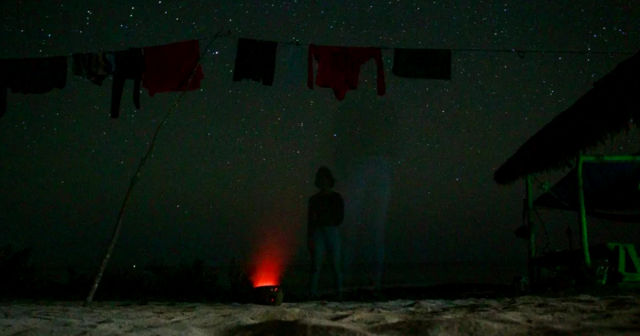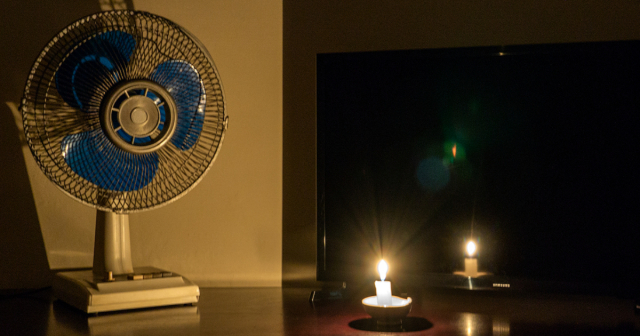
The Minister of Energy and Mines, Vicente de La O Levy, confirmed the worst fears of Cubans when responding to "frequent questions" from the population about the situation of the national electro-energy system (SEN).
The Cuban regime has no short or medium-term solution for the collapse of the SEN. According to the Minister of Energy, the government of Miguel Díaz-Canel is making a "great financial effort" to import fuels, but also to purchase the necessary parts and supplies to address the breakdowns of the country's obsolete thermoelectric plants, a "long-term" solution.
While the Unión Eléctrica de Cuba (UNE) tries to recover the generation capacity of its old and dilapidated thermoelectric plants, it will increase availability based on the incorporation of new photovoltaic parks that are beginning to be installed in the National Electric System (SEN).
The megawatts gained by some thermal power plants through "planned" maintenance processes will be added to this, the minister explained in a podcast released in parts by the official media Cubadebate.
De la O Levy did not appear this time before the cameras to promise immediate solutions to the current energy crisis and its resulting blackouts, which are reaching critical levels again that exasperate the population. No, the Minister of Energy preferred to answer the doubts of “our people” through an audio signal, lest his “conviction” that we are “making progress” and that “we will get out of this situation” be seen on his face.
Palacio's arguments, repeated ad nauseam by Díaz-Canel and company, only serve to increase the uncertainty and indignation of Cubans, which is why De la O Levy took care to answer the "frequently asked questions" from an ethereal podcast.
"When our people ask what the short-term actions are, we realize that they want to know how many will be available in November, how many megawatts will have been added in December, how many megawatts there will be next year... Today we have to say that work is being done just like in that strategy and in those actions from the year 2023 to recover megawatts, and some things are being achieved...", the minister assured.
If the Díaz-Canel government continues to bet on the same strategy that De la O Levy himself acknowledged as a failure, what results does it expect to achieve? According to the minister, the planned maintenance and repair actions for the thermoelectric plants in Havana, Felton, and Céspedes will take a year for the first and four to five months for the other two.
"Another topic that is mentioned with concern and great insistence on social media and in all the media is the issue of short, medium, and long-term plans, which we have well identified plant by plant, for each thermoelectric plant, for each distributed generation center, in each truck..." the minister rambled during the interview.
According to the head of Energy, "with the extremely limited resources we have, plans are made for both maintenance and repair, as well as financial plans, and searches for business opportunities are conducted to advance in the recovery of the system."
"With what we have, we can say that we are walking (we have said this on multiple occasions) along a path that will not be short, but it will be very sustainable, which is to recover electricity generation by consuming domestic fuel (crude oil and gas) and with the renewable energy sources that are underway in most provinces of Cuba," he explained.
He spoke about a "great investment process for the installation of photovoltaic solar parks," the difficulties posed by the U.S. "blockade" ("Cuba is a besieged country"), and the solutions they have found by making "a great financial effort," whether to buy containers or ships necessary to install photovoltaic parks that apparently require a damn complicated logistics.
"Strong negotiations were made to acquire ships for this gigantic program. Today it is a resolved issue, but we are anticipating new obstacles that we will also fight to resolve," he added.
The minister also said that "with maintenance actions, power was recovered in the units that were limited." He said this despite the fact that not a day goes by without blackouts in Cuba.
And they will continue to repair and maintain the old thermoelectric plants. "We already have the resources here in the country… very expensive resources, turbine rotors, boiler parts and pieces, we have auxiliary equipment… In about four or five months, we will start to incorporate power into our system."
"Next year is going to be a big year for incorporation. I dare say that almost monthly starting from the first quarter of next year, there will be additions of capacity from photovoltaic solar parks that will greatly alleviate the situation with fuels, and especially in electricity generation during the day," said De la O Levy.
Half an hour of podcast to say that "progress" is being made according to the spatiotemporal notions of "continuity." Or in other words, to confirm that the SEN will remain just as collapsed until the end of the year and, hopefully, until late 2025.
What do you think?
COMMENTFiled under:






